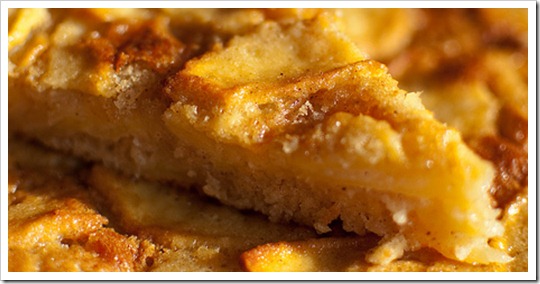I’ve often noticed that English speakers who are learning Italian tend to mistakenly use chi instead of che. Of course, they look and sound very similar, and English to Italian dictionaries tend to give chi as the primary translation for who. If only it were that simple! Today we’re going to look at the difference between these two little words with practical examples:
1. chi? = who? is a pronome interrogativo (interrogative pronoun), and is used when asking questions, either directly or indirectly:
chi ha rotto il vaso? = who broke the vase?
Pronto? Chi parla? = Hello? Who’s speaking?
lo sapete chi ha vinto la gara di motociclismo? = do you know who won the bike race?
chi l’avrebbe mai detto! = who would have ever thought!
mi piacerebbe sapere chi ha fatto questa ottima torta di mele = I’d like to know who made this delicious apple cake

2. chi = those who, the person who, he who is a pronome indeterminato (indefinite pronoun), and is used to describe a generic person, especially in proverbs and sayings:
chi perde paga da bere a tutti = he who loses buys a drink for everyone
chi vivrà, vedrà = he who lives, will see, meaning: time will tell
chi sa non fa, chi fa non sa = those who know don’t do, those who do don’t know
chi dorme non piglia pesci = he who sleeps doesn’t catch any fish, meaning: the early bird catches the worm
chi is also used in definitions, e.g.:
allenatore: chi per professione allena singoli atleti o squadre o animali da competizione = trainer: a person who professionally trains single athletes or teams or animals for competitions
3. che = who, which, that is a pronome relativo (relative pronoun), and is used to introduce a new sentence by relating to a word in the first sentence:
questo è il regalo per zio Luciano, che ritorna domani dalla Sardegna = this is the present for uncle Luciano, who’s coming back from Sardinia tomorrow
conosco un ragazzo che suona molto bene la chitarra = I know a guy who plays the guitar very well
questo è il maglione che mi ha fatto mia nonna = this is the jumper that my grandma made for me
ecco la gattina che abbiamo salvato tre settimane fa = here’s the kitten which we saved three weeks ago
Annalisa è andata a Milano a trovare sua mamma che non sta bene = Annalisa went to Milan to visit her mother who’s not feeling well.
N.B. the relative pronoun che can be substituted by il quale, la quale, i quali, le quali. If you need to revise relative pronouns and when to use il quale instead of che, you can read THIS POST.
Remember: the word che has many other different uses, e.g. what (che lavoro fai? = what is your job?), that (dicono che domani pioverà = they say that it will rain tomorrow).


Comments:
Guest:
I was disappointed to see such a beautiful apple cake with no recipe! 🙂 Great blog
Serena:
@Guest Salve!
Well, I did publish the recipe for a delicious apple cake, but that was a long time ago. Here’s the link to it:
https://blogs.transparent.com/italian/torta-di-mele/
I hope you like it!
Serena
William Wirth:
Thanks – your explanation of chi vs che is pretty useful.
Steve:
Grazie mille. I wasn’t aware of these uses of che. This is a great blog for those of us interested in learning Italian.